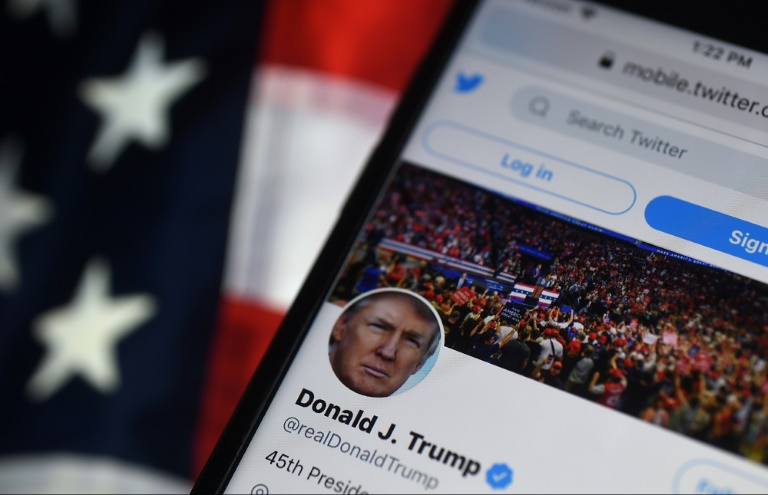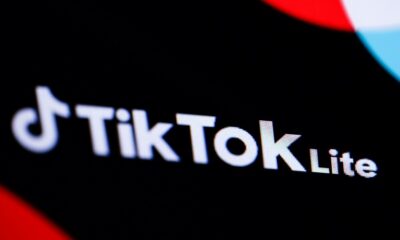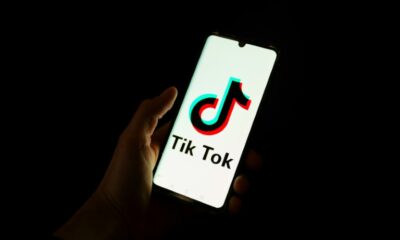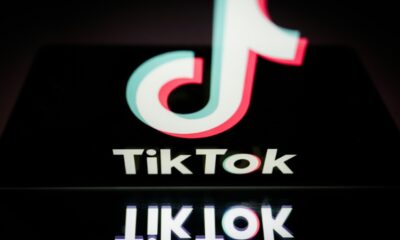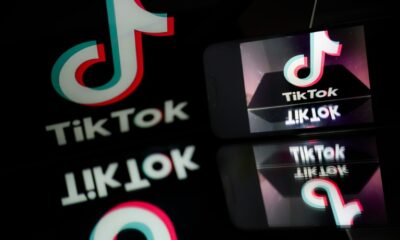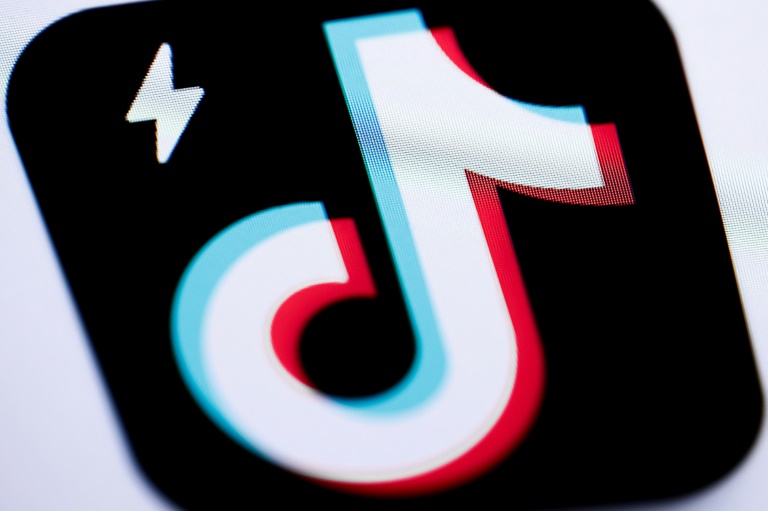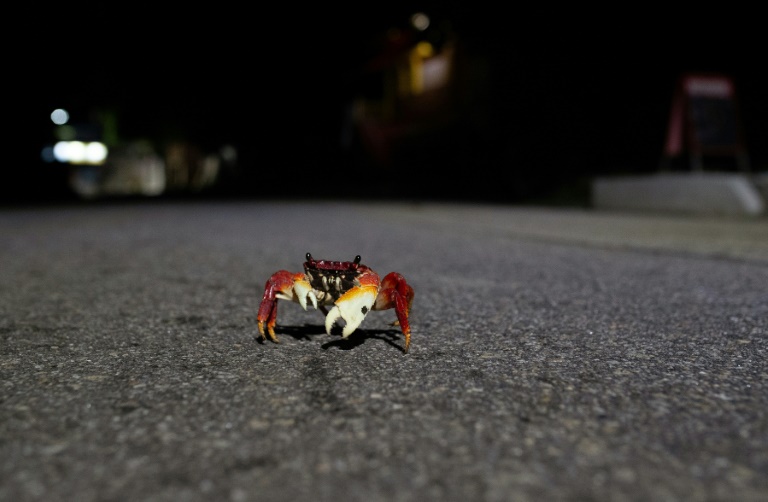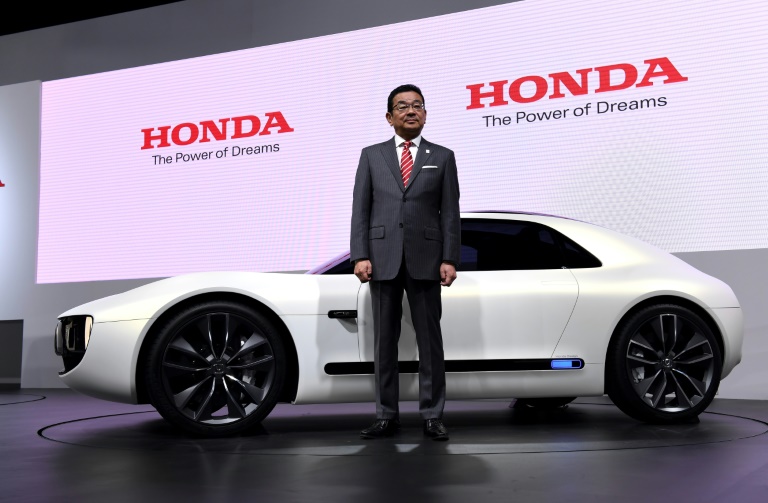Donald Trump’s notorious Twitter account was reinstated Saturday after the platform’s new owner Elon Musk ran a poll in which a narrow majority of voters supported the move, days after the former US president announced another White House bid.
Trump’s account was banned from the platform early last year for his role in the January 6 attack on the US Capitol by a mob of his supporters seeking to overturn the results of the 2020 election.
“The people have spoken. Trump will be reinstated,” Musk tweeted, shortly after the 24-hour Twitter poll on his account ended.
“Vox Populi, Vox Dei,” he added, repeating a Latin adage he also posted Friday, meaning “The voice of the people is the voice of God.”
Ultimately, more than 15 million people — out of 237 million daily Twitter users — voted on whether to reinstate the controversial profile, with 51.8 percent in favor and 48.2 percent against.
Trump, who had more than 88 million users when his accounted was suspended, reveled in using Twitter as a mouthpiece during his presidency, posting policy announcements, attacking political rivals and communicating with supporters.
On Saturday, several of his political allies were highlighting his return.
“Welcome back, @realdonaldtrump!” tweeted House Republican Paul Gosar.
Musk’s poll asked for a simple “yes” or “no” response to the statement “Reinstate former President Trump,” which the billionaire Twitter boss posted Friday.
“Fascinating to watch Twitter Trump poll!” Musk mused Saturday morning in a blast of tweets from the controversial and hard-charging new owner of the one-to-many messaging platform.
He has posed similar polls in the past, asking followers last year if he should sell stock in his electric car company Tesla. Following that poll, he sold more than $1 billion in shares.
– Twitter chaos –
Trump has said he will not return to the popular platform but would instead remain on his own network, Truth Social, launched after he was banned from Twitter.
Appearing via video Saturday at a gathering of the Republican Jewish Coalition in Las Vegas, Trump said he welcomed Musk’s poll, and was a fan of the man himself, but appeared to reject any return.
“I do like him… you know, he’s a character and again, I like characters,” he said.
“He did put up a poll and it was very overwhelming… but I have something called… Truth Social.”
As to whether he would return to the platform, he said: “I don’t see it because I don’t see any reason for it.”
Musk, also the CEO of Tesla and SpaceX, has come under fire for radical changes at California-based Twitter, which he bought less than a month ago for $44 billion.
Since then, he fired half of Twitter’s 7,500 staff, scrapped a work-from-home policy and imposed long hours, all while his attempts to overhaul the company faced backlash and delays.
His stumbling attempts to revamp user verification with a controversial subscription service led to a slew of fake accounts and pranks, and prompted major advertisers to step away from the platform.
On Friday, Musk appeared to be pressing on with his plans and reinstated previously banned accounts, including that of comedian Kathy Griffin, which had been taken down after she impersonated him on the site.
The company’s offices were locked down Friday and hundreds of employees quit rather than yield to Musk’s demands that they resign themselves to working long, grueling days at the new Twitter.

 Business5 months ago
Business5 months ago
 Business4 months ago
Business4 months ago
 Events6 months ago
Events6 months ago
 People4 months ago
People4 months ago
 Events3 months ago
Events3 months ago
